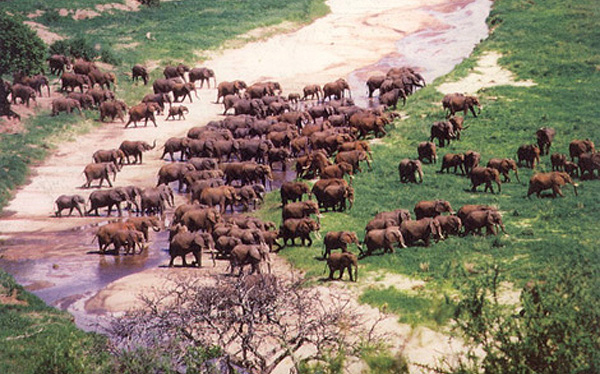 There are too many elephants. So says, among others, the CEO of Elephants Without Borders, Mike Chase.
There are too many elephants. So says, among others, the CEO of Elephants Without Borders, Mike Chase.
“Too Many” is awfully subjective. But many countries share Kenya’s just published wildlife census confirming its population of elephants increased 12% in the last seven years, Zimbabwe has revealed plans to cull up to 50,000 elephants, and Botswana is “deporting” thousands of elephants back to their home country in Angola, as absurd as this sounds. (Do they have ID cards or passports?)
There are somewhere between 450- and 500,000 elephants in Africa, almost all in sub-Saharan Africa and three-quarters of them in only five countries: Kenya, Tanzania, Botswana, Zimbabwe and South Africa.
This is probably about half what it was when I started guiding in Africa almost a half century ago. But consider this. The human population has more than doubled in that same time. Who should get the land?
The elephant population was actually very worrisome hardly three decades ago. The steep decline from poaching of the early 80s represented the peak of black-market ivory. It’s quite possible that the world population of elephants fell below 200,000.
That horrible trend line of the 80s and early 90s represented the abject stupidity of our species, concerned more with its immediate vanities than sustainability. Tens of thousands of wonderful individuals and countless excellent organizations responded by harassing world opinion, and global leaders were forced to create the CITES convention.
CITES was the turning point, not just in the decline of elephants but of many other species and as well, the great positive changes in the public’s perceptions of the wild.
I’ve written dozens of articles about CITES and its local law spin-offs, but several of my favorites were about a “dump roper” in Texas, another side-lining crook cowboy in Illinois and the end to selling Grandma’s necklaces on eBay!
All of these stories were of aggressive enforcement of local state laws essentially spun-off from CITES.
So the nosedive towards elephant extinction was stopped. The techniques were wildly successful and have probably contributed now today to the opposite problem: too many elephants.
By 2010 it was becoming apparent to me and many others that “poaching” was no longer such an evil enterprise as the criminal manifestations of local Africans with little or no hope for a decent future.
Instead of the giant corporate poaching of the 80s, with chartered helicopters and battalions of mysterious workers using bazookas and supersized nets, later poaching became a one-off affair of a group of disenfranchised and disenchanted young men.
One at a time the elephant tusks would find their way to some intriguing broker like the Queen of Ivory rather than dozens/hundreds of tusks packed into containers. Still the black-market was tenacious until China finally cracked down and forced its largest online retailers to remove all ivory products from sale.
At that point things turned quickly, and that was around 2016-2017. The trend line towards extinction was reversed long before, but the down line for annual populations clearly and unmistakably popped up.
And it’s been improving even more ever since, yet the “conversation about elephants” continued to be dominated by grandiose conservation organizations still panning the extinction theory! You can put practically every big conservation organization into this category.
This conservation pitch is woefully similar to the political “Big Lie.”
What was once a genuine plea to save our biggest land mammal has become the biggest conservation scam of the last hundred years. And guess what. It’s not helping elephants.
The Conversation. The conversation that we better start having is the natural competition between a growing population of humans and a growing population of elephants that is not sustainable without careful refereering.
“We need to take a holistic view of elephants and their long term effects on an entire system while considering changing landscapes, human beings living with elephants, anthropogenic changes to the land and the elephants themselves,” correctly states African Geographic.
And its pointless for Botswana and Angola to trade their excess back and forth, or for Zimbabwe to mass slaughter. What I think is needed is South Africa’s Kruger policies, which have changed over the last century always for the good of the overall ecosystem, including elephants. African Geographic’s excellent article linked to above details much of this successful strategy.
But it’s complex and sometimes necessitates a population decline. Sometimes, there’s culling. This is such an emotive issue that it’s hard to garner public support. It also becomes awfully divisive, pitting hunters against animal lovers.
Single issue politics is usually bad. Single issue conservation is, too.
When we migrate from “Save the Elephants” to “Save the Planet” we’ll discover quite quickly that elephants are an important part of that new mission and that the odds of saving both improve substantially.
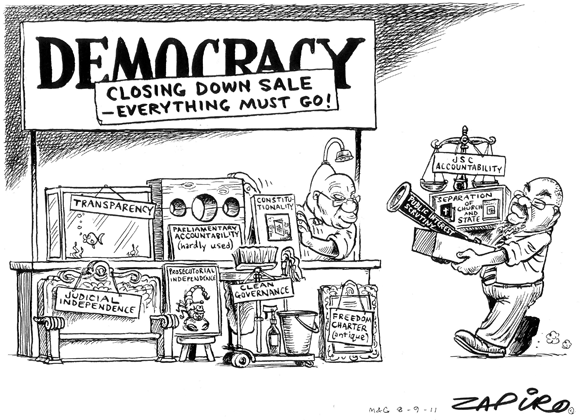
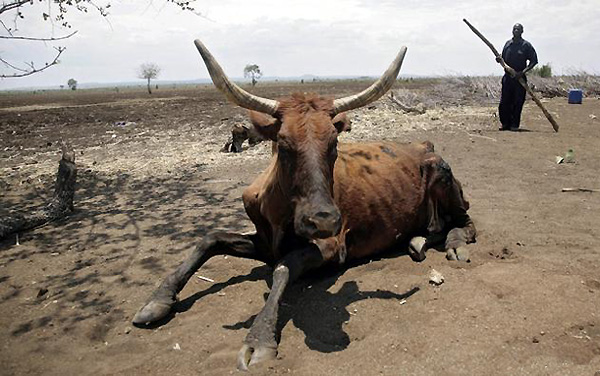 Climate change is a silent slow motion video that with a touch on your remote bursts out of your TV with the cacophony of earthquakes and volcanic thunder. You reach for the remote. Mute the volume again. Change the channel.
Climate change is a silent slow motion video that with a touch on your remote bursts out of your TV with the cacophony of earthquakes and volcanic thunder. You reach for the remote. Mute the volume again. Change the channel.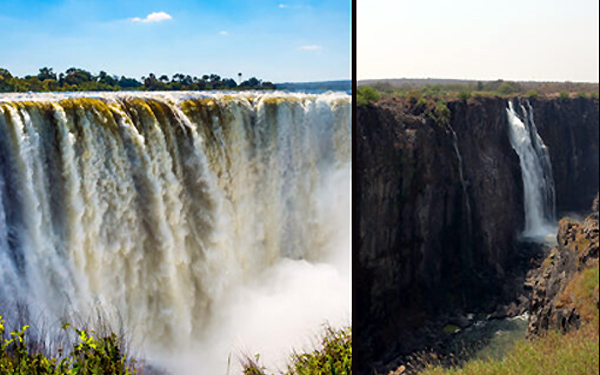 Victoria Falls without falls is disturbing enough but there are even more disturbing aspects to the viral dissemination of the falls turned off.
Victoria Falls without falls is disturbing enough but there are even more disturbing aspects to the viral dissemination of the falls turned off. Yes, it’s terrifying Russia’s disruption of elections. But they’ve got a bigger fish in the pond: they’re destroying the world capitalistic order. The global recession is slowly, methodically seeping over the planet like a spilled jar of syrup. By the first of the year every privileged westerner will feel it.
Yes, it’s terrifying Russia’s disruption of elections. But they’ve got a bigger fish in the pond: they’re destroying the world capitalistic order. The global recession is slowly, methodically seeping over the planet like a spilled jar of syrup. By the first of the year every privileged westerner will feel it.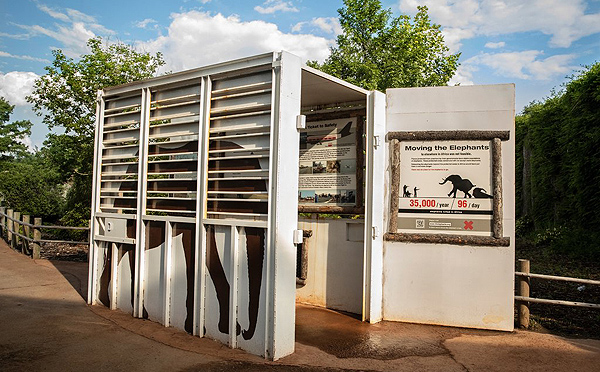 When I defend zoos to my clients on safari I point out the structural shift zoos began three or four decades ago away from public entertainment. Most zoos have shrunk in physical size. Most now have fewer animals on display and most spend increasing amounts of their revenue on field conservation and scientific research.
When I defend zoos to my clients on safari I point out the structural shift zoos began three or four decades ago away from public entertainment. Most zoos have shrunk in physical size. Most now have fewer animals on display and most spend increasing amounts of their revenue on field conservation and scientific research.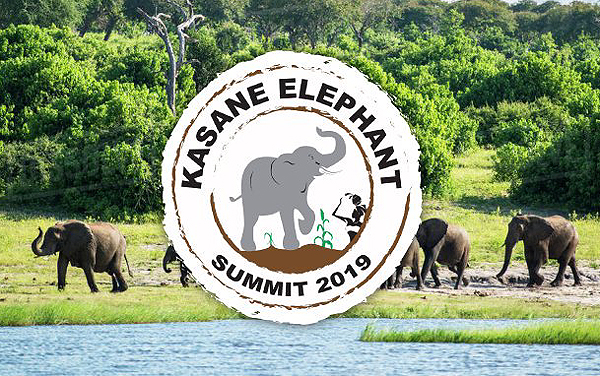 Angola, Botswana, Namibia, Zambia and Zimbabwe claim to have 250,000 elephants – which is a bit high – and their Heads of State
Angola, Botswana, Namibia, Zambia and Zimbabwe claim to have 250,000 elephants – which is a bit high – and their Heads of State 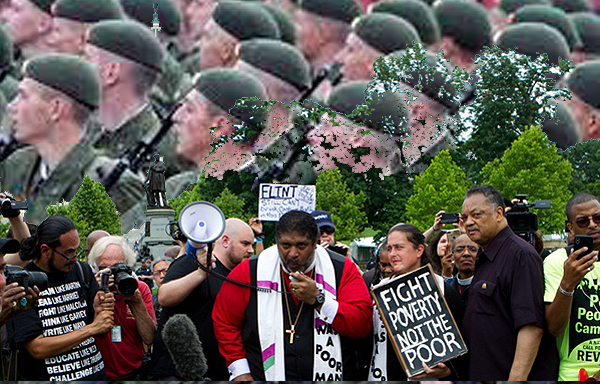 In the British Parliament a prominent Lord urges the government to recolonize Zimbabwe. Russia’s methodical promotion of oligarchy finds purchase in the Central African Republic, where it’s close to controlling the government. In the U.S. religious groups blossom in the progressive wing of the Democratic Party.
In the British Parliament a prominent Lord urges the government to recolonize Zimbabwe. Russia’s methodical promotion of oligarchy finds purchase in the Central African Republic, where it’s close to controlling the government. In the U.S. religious groups blossom in the progressive wing of the Democratic Party.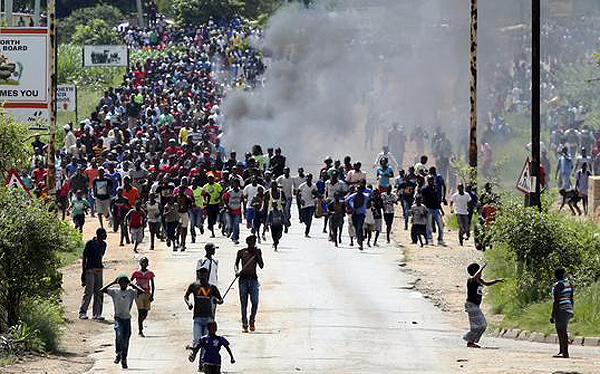 To those of you have been insisting Zimbabwe is just fine for tourism, please explain your position to the tourists currently hunkered down in the hotels in Zimbabwe unable to go or come.
To those of you have been insisting Zimbabwe is just fine for tourism, please explain your position to the tourists currently hunkered down in the hotels in Zimbabwe unable to go or come.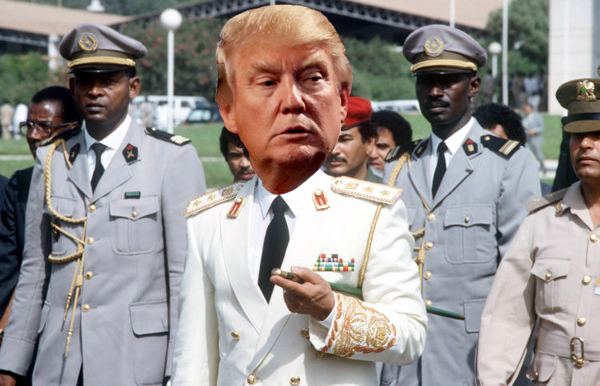 Many Africans view 2018 positively, a time when autocratic leaders solidified power and stability increased. For many African conservatives it was a good year.
Many Africans view 2018 positively, a time when autocratic leaders solidified power and stability increased. For many African conservatives it was a good year.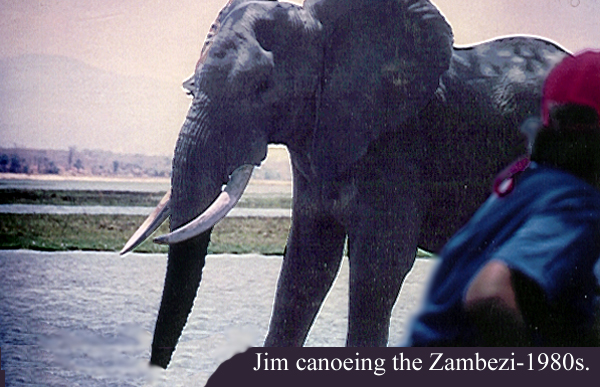 A Florida woman canoeing down the Zambezi nearly
A Florida woman canoeing down the Zambezi nearly 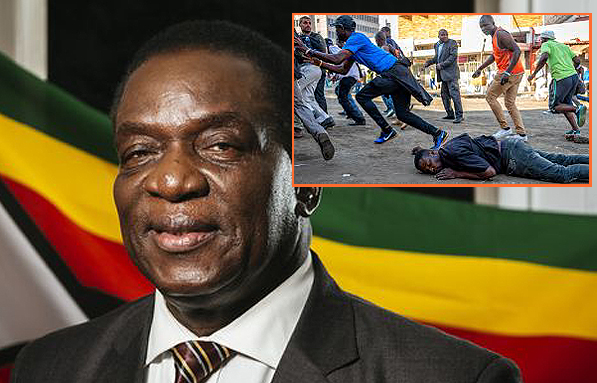 “Worse than under Mugabe,” the principle opposition
“Worse than under Mugabe,” the principle opposition 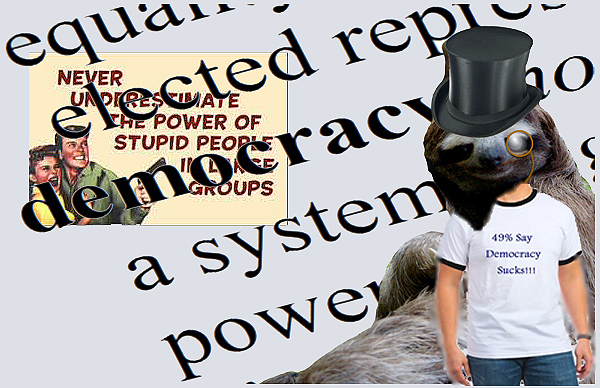 Crocodile Mnangagwa was
Crocodile Mnangagwa was 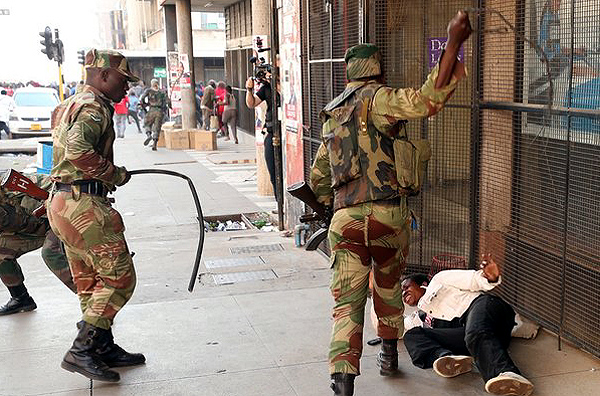 Real hopes that I had yesterday of bringing visitors back to Zimbabwe are now exactly like the three innocent, unarmed young people shot by soldiers on the streets of Harare yesterday afternoon: dead.
Real hopes that I had yesterday of bringing visitors back to Zimbabwe are now exactly like the three innocent, unarmed young people shot by soldiers on the streets of Harare yesterday afternoon: dead.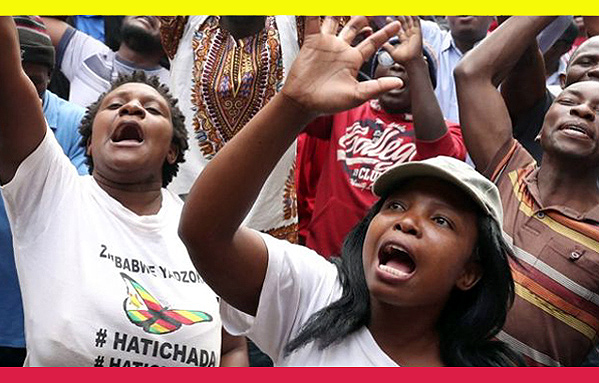 At a time when democracy has lost its cache all around the world including in America, Zimbabwe today blinked a glimmer of freedom. We’re all on pins and needles wondering if that blink will flicker or flourish.
At a time when democracy has lost its cache all around the world including in America, Zimbabwe today blinked a glimmer of freedom. We’re all on pins and needles wondering if that blink will flicker or flourish.